
|
Hemp Plastics - Updated4/15/2023
The best thing we can do is recycle it. It take much less energy to recycle plastic and make new products with it than to make a new plastic product. The problem is, most plastic isn’t recycled. However one good thing that is done with recycled plastic is making plastic blocks to build homes with. Strides are being taken to solve this problem. New ecofreindly plastics and polymers are being made from plants. Bio-Based Plastics
What Is Hemp Plastic?
Plastic from hemp can be made into pretty much anything than plastic from oil can be made from. Hemp based plastic is also biodegradeable. So when it is put into a landfill, it will decompose much faster than Oil based plastics, possibly with in 5 years, as opposed to 1000 years for oil based plastics. Hemp plastic is a bioplastic made using industrial hemp. There are many different types of hemp plastic; from standard plastics reinforced with hemp fibers, to a 100% hemp plastic made entirely from the hemp plant. Why Hemp Plastic? The reason why hemp lends itself so well to plastic production comes down to something called cellulose. All plastics, no matter where it's derived from, require cellulose to structure the uniquely moldable, yet durable, characteristics. Petroleum has long been the go-to ingredient to source this cellulose, but now companies are branching out in the quest for more sustainable materials. Hemp is a perfect replacement for petroleum, considering hemp hurds are roughly 80 percent cellulose in nature. Unlike petroleum, hemp can be organically grown and is non- toxic. Conventional plastic is not biodegradable. This means that our landfills will grow and grow. Plastic materials are based on a finite resource that will not be available to future generations. Plastic has many uses, from packaging of food and industrial products, to insides of cars, casings of electronic items, film, storage bottles, containers and within a myriad of other industries. Hemp history is well documented. Hemp has been used for thousands of years for food, clothing, fuel and paper. Hemp is the non-drug form of cannabis. This industrial hemp is becoming known as the crop of the future. We are making it the crop of the present. In 1997 a company, a university, professors and other industry developed a 25% Hemp plastic product called 'high fly'. This product was developed using unique expertise and resourceful corporations. Today, various grades of hemp plastics are available.
Hemp plastic is recyclable and can be manufactured to be 100% biodegradable. The most common type of hemp plastics are those plastics which infuse hemp fibers. The benefit of infusing hemp fibers lies in that less plastic is used (less oil, less pollution) and a more durable, biodegradable product is created. Sometimes, the oil used in conventional plastics can also be replaced with renewable resource feedstocks including cellulose from hemp, microbially-grown polymers, or those extracted from starch. Hemp plastic can be five times stiffer and 2.5 times stronger than polypropylene (PP) plastic. Its recoverable component comes from these natural fibers and can occupy over half and up to 80 percent of its weight. All these features make it suitable for the production of durable products. It also does not pose the health and safety risks associated with certain plastics that are reinforced with glass fibers. Hemp plastic has the ability of being implemented in standard injection molding machines with no modifications needed. Current research into this field has produced fire-retardant products in UL94 V-0, V-1, and V-2 grades. 1 The basic building block of plastics is cellulose taken from petroleum, but toxic petrochemical compositions are not the only way to derive plastics. Plastics can be derived from plant cellulose, and since hemp is the greatest cellulose producer on Earth (hemp hurds can be 85% cellulose), it only makes sense to make non-toxic, biodegradable plastic from hemp and other organics, instead of letting our dumps fill up with refuse. Hemp hurds can also be processed into cellophane packing material, which was common until the 1930s, or they may be manufactured into a low-cost, compostable replacement for Styrofoam.
Henry Ford used hemp-and-sisal cellulose plastic to build car doors and fenders in 1941. On video Henry Ford demonstrated that his hemp cars were more resistant to blows from a sledgehammer than steel-bodied cars were.
The Future Of Hemp PlasticsAlthough in the past there have been many problems with supposedly biodegradable plastics, the recent innovations are putting these issues to bed. Hemp plastics are quickly proving equally as diverse as regular plastics. Bio-based plastics and composites are already being implemented in a wide range of applications. The leaders of this plastic eco-movement are the automotive, packaging, and building industries. Estimates return a figure of about 500,000 tons a year of bio-plastic production and show two-digit growth in the European Union. Interestingly enough, the automotive industry is currently the biggest consumer of hemp plastic. Most of the plastic panels in foreign cars are made from hemp plastic due to its extreme strength and durability. A recent technological advance with biodegradable plastics made from cornstarch has led to a new material based on hemp. Hemp Plastics (Australia) have sourced partners who have been able to produce a new 100% biodegradable material made entirely from hemp and corn. This new material has unique strength and technical qualities which have yet to be seen before, and this new material can be injection or blow-molded into virtually any shape using existing molds, including cosmetic containers, Frisbee golf discs, etc.
Hemp is already being made into compressed door panel and dashboards. Carmakers such as Ford, GM, Chrysler, Saturn, BMW, Honda, and Mercedes are currently using hemp composite door panels, trunks, head liners, etc. These hemp composites are less expensive than dangerous fiberglass counterparts. Hemp fiberglass replacements would only cost 50 to 70 cents a pound. These hemp composites could replace carbon and glass fibers, which have environmental and weight problems, and run from 60 cents to 5 dollars a pound.
The possibilities are endless with hemp plastics and resins, and bio-composites. Virtually any shape and purpose can be fulfilled by bio-composite plastics. Hemp plastics are already on the rise, it is only a matter of time before we will see the need to grow hemp in the United States to meet our demands. 2 According to Canopy Corporation, the future of hemp plastic is bright. Automotive companies across Europe are moving away from petroleum-based plastics entirely for the dashboards, paneling and other design touches in new models. The sheer number of parts molded from hemp plastics demonstrates its usability as a material. The benefits of hemp plastics far outweigh their petroleum-based counterparts. For example, its estimated that hemp fiberglass costs only .50 to .70 cents per pound, in comparison to upward of 5 dollars per pound for carbon-based fiberglass. On top of this, hemp products are continually shown to be more durable in accidents and are always much lighter than a metal equivalent. Hemp plastics, alongside a host of other biodegradable plastic alternatives, are on the rise. It’s entirely feasible that in the very near future, all plastics will come from a sustainable, biodegradable resource. Currently, hemp plastic is used to make speaker systems, guitar picks, 3D printer filaments, and thousands of other items. Hemp plastics can also be made and used in the building industries. They can make it into plastic studs for framing. Plastic roofing materials, hemp plastic siding etc.
Sources http://hempwaterbottles.tripod.com/what-is-hemp-plastic.html http://www.hemp.com/hemp-education/uses-of-hemp/hemp-plastics https://www.cannabistech.com/articles/why-the-world-needs-hemp-plastic We have teamed up with !deaman !nk Graphic Design, a local Graphic Designer here in Houston area to provide Hemp Business cards. Please fill out contact form for pricing and more information.
All pictures shown are mine or from Google. All rights given to their owners.
|

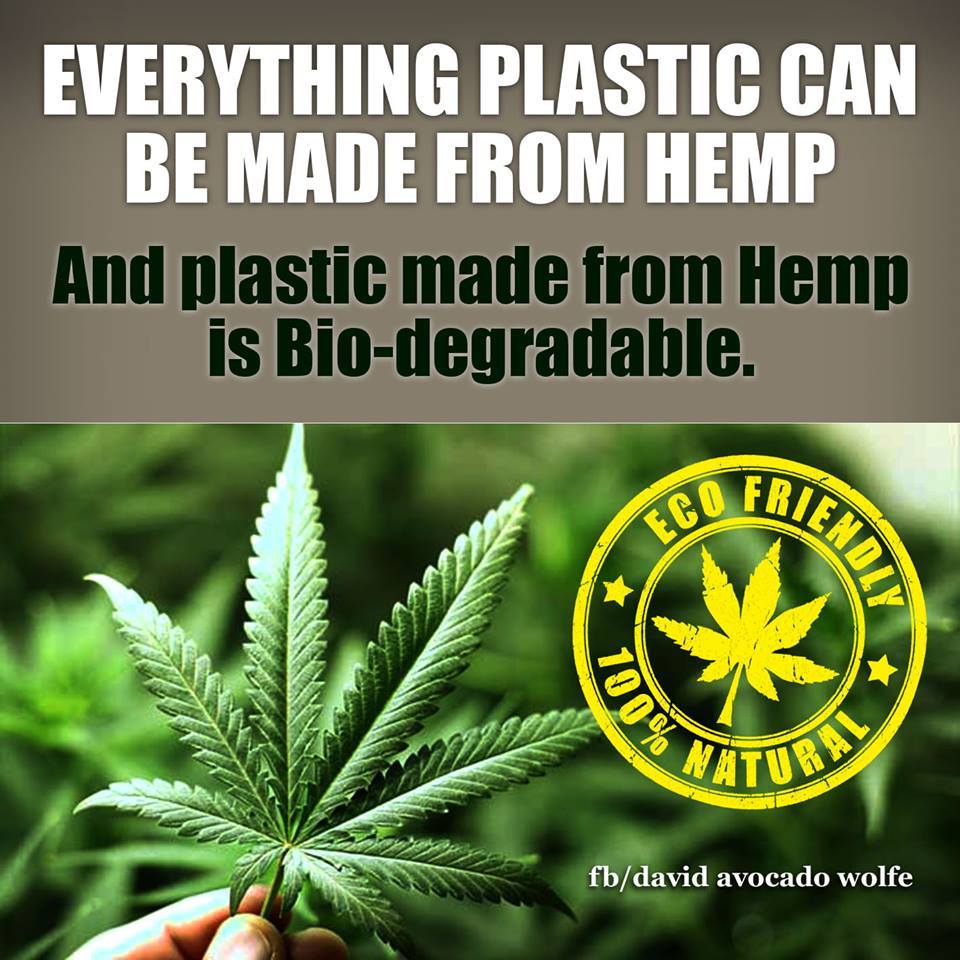
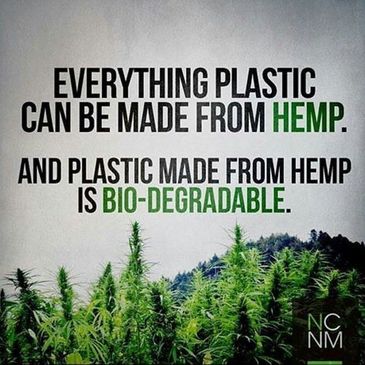
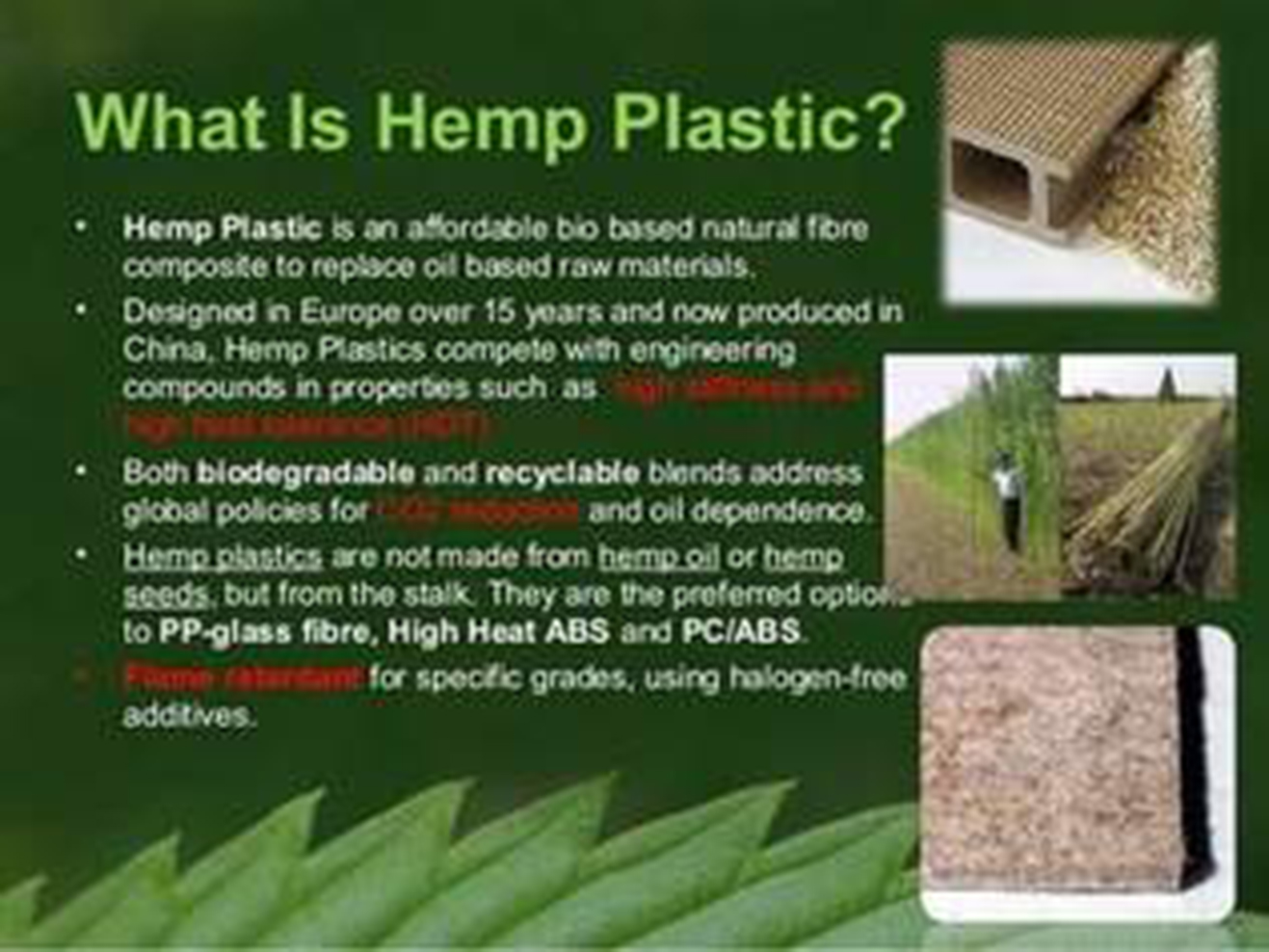
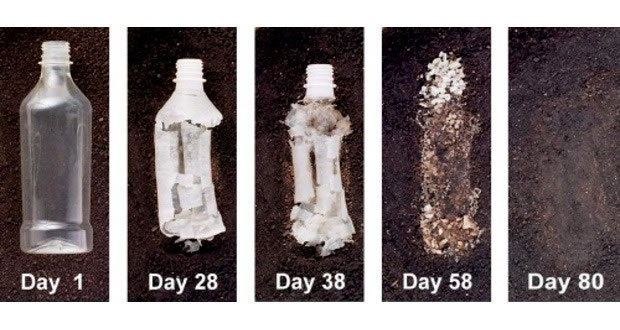
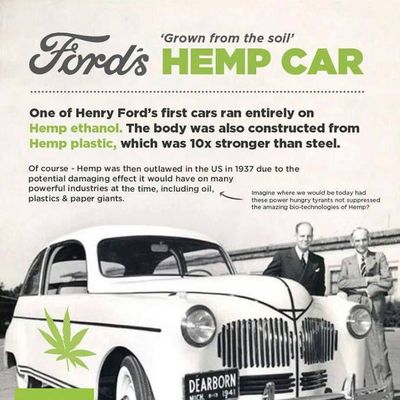
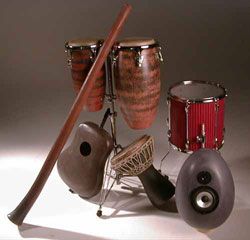
 The reason why virtually all European car makers are switching to hemp based door panels, columns, seat backs, boot linings, floor consoles, instrument panels, and other external components is because the organic hemp based products are lighter, safer in accidents, recyclable, and more durable.
The reason why virtually all European car makers are switching to hemp based door panels, columns, seat backs, boot linings, floor consoles, instrument panels, and other external components is because the organic hemp based products are lighter, safer in accidents, recyclable, and more durable.